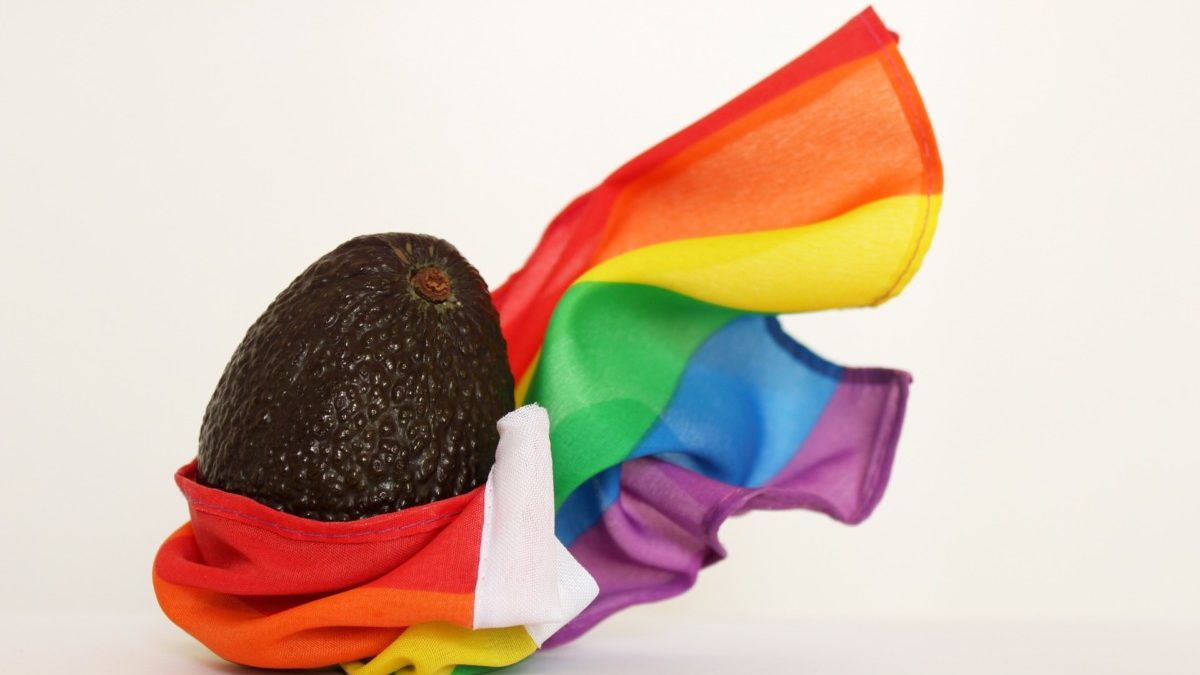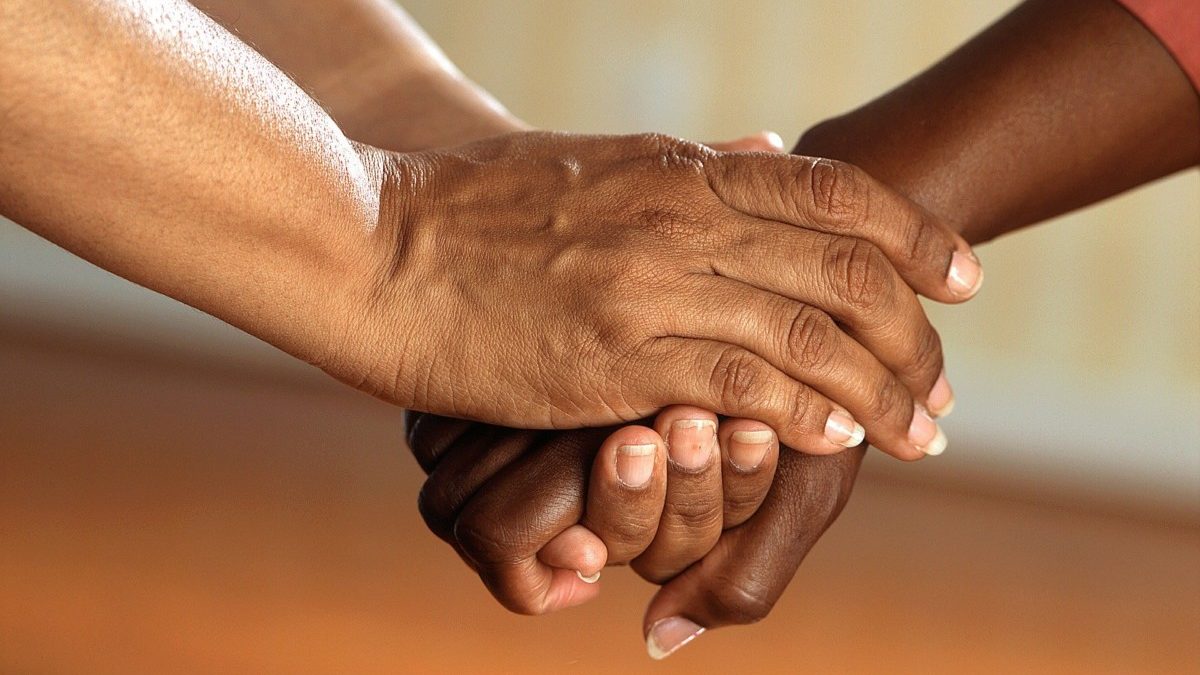by Martha Albertson Fineman

“On January 19, 2013, an article written by Michael Schulman in the New York Times highlighted the increasing sexual and gender diversity of students in many universities across the United States. Entitled “Generation LGBTQIA,” Schulman described how the more “traditional” lesbian, gay, bisexual and transgender (LGBT) grouping has been augmented by students seeking new terms and categories to express diverse understandings of sexuality, gender, physical bodies, and evolving identities.
The “Q” in LGBTQIA can refer to questioning—indicating an individual who does not clearly identify with existing categories or who is in the process of exploring their sexual and/or gender identity. “Q” can also indicate “queer,” a term that was re-appropriated and reclaimed by activists in the 1990s and is sometimes used as an all-inclusive umbrella term, as well as referring to an academic perspective of inclusion. “I” indicates “intersexual,” someone whose anatomy is neither male nor female. The addition of “A” can stand for “ally,” indicating a friend of gay rights, and often a person who identifies as heterosexual. “A” can also connote “asexual,” representing those who are celibate or chaste, and perhaps even those who have low libidos.
Schulman also described a student group recently created at the University of Pennsylvania that found even the expansive LGBTQIA grouping inadequate. Focusing on gender variations, the group is called Penn Non-Cis, short for “cisgender,” a term described as denoting someone whose gender identity matches his or her biology.” In the article, bi-gender was used to refer to an individual with both traditional masculine and feminine qualities—the term was seen as more fluid than the designation of transgender, yet less vague than “gender queer.”
This creation of new terms and categories of sexual identity and gender expression is an exciting example of how human beings can intentionally create nurturing social spaces in which to foster community and a sense of belonging. These students are accomplishing this by rejecting existing categories and moving away from static identities. They also seem to recognize that although biology, sex, sexual difference, and gender are different inquiries, to a large extent, they must be studied together and in relation to each other. Continue reading Vulnerability, Resistance, and LGBT Youth





